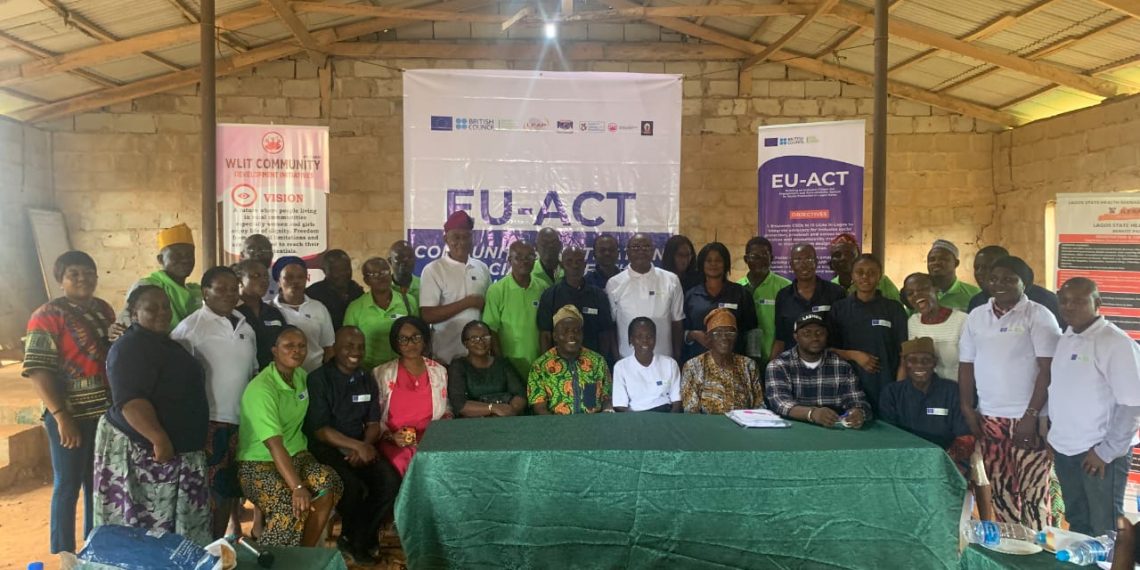Women Liberation and Transformation Group (WLIT) has held a sensitization programme for residents, community leaders and Community Development Association (CDAs) in Ayobo community with the aim of deepening community knowledge on Lagos State Social Protection Policy (LASSPP).
While giving her welcome speech at the one-day community sensitization on Social Protection Policy in Lagos State, the Executive Director WLIT Community Development Initiatives, Mrs. Olanike MacTaiwo encouraged the CDAs to take advantage of the provision of the LSSPP.
“The social assistance, social care, market and strategy framework are part of the five policy interventions and persons in rural communities should benefit from all these interventions”, she said.
MacTaiwo also appealed to the Lagos state government to engage with the rural communities to ensure that all the social protection programmes and interventions target the poor and vulnerable households as designed.
While speaking with BONews Service, the Grievances Redress Manager, Social Protection Coordinating Department at the Lagos State Ministry of Economic Planning and Budget, Mrs Ayodele Fajemibola, who represented the Director, Lagos State Social Protection Coordinating Department, Mrs Adedeji Oluwakemi, noted that “Ayobo community can now register at the LCD Ayobo Ipaja so that they can benefit from any subsequent intervention that has to do with the development of the poor and vulnerable people”.
Fajemibola added that the Lagos State will ensure that the interventions reach the poorest of the poor who are meant to be beneficiaries.
Participants at the sensitization include CDA chairman, CDCs, Community leaders, and representatives of Lagos State Ministry of Education, Lagos State Office for Disability Affairs (LASODA) and Lagos State Health Management Agency (LASHMA).
The sensitization project is being implemented by a consortium of WLIT, Lagos State Civil Society participation for Development, LEAP Africa, Centre for Citizens with Disabilities (CCD and Socio-Economic Rights and Accountability Project (SERAP) and funded by European Union Agents for Citizens-Driven Transformation (EU-ACT).

